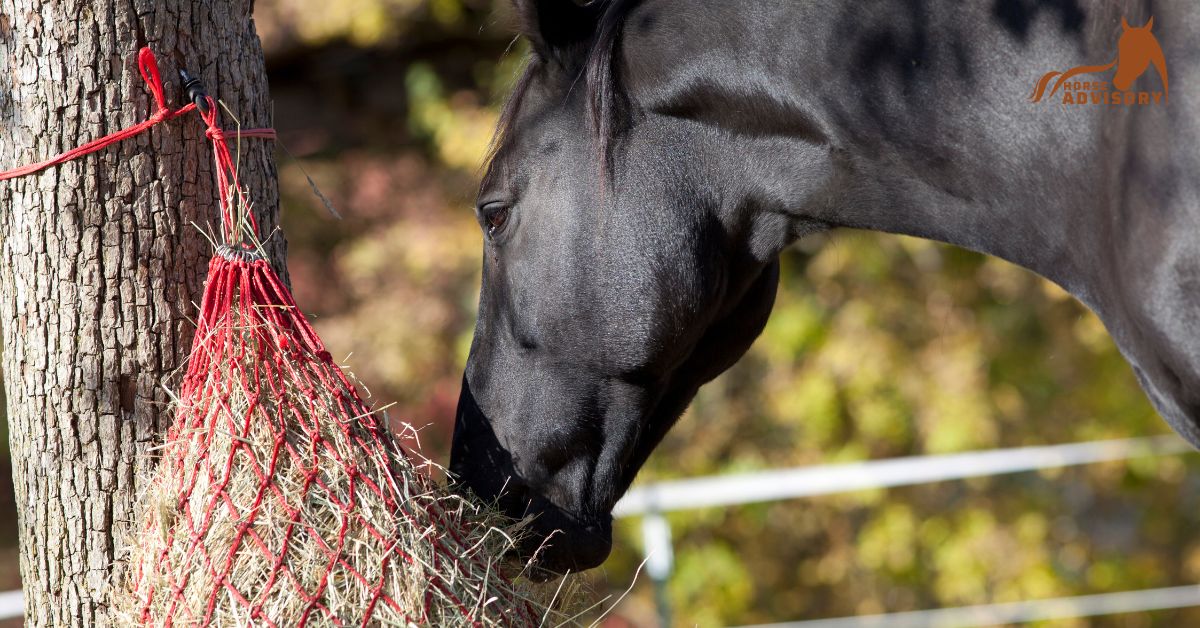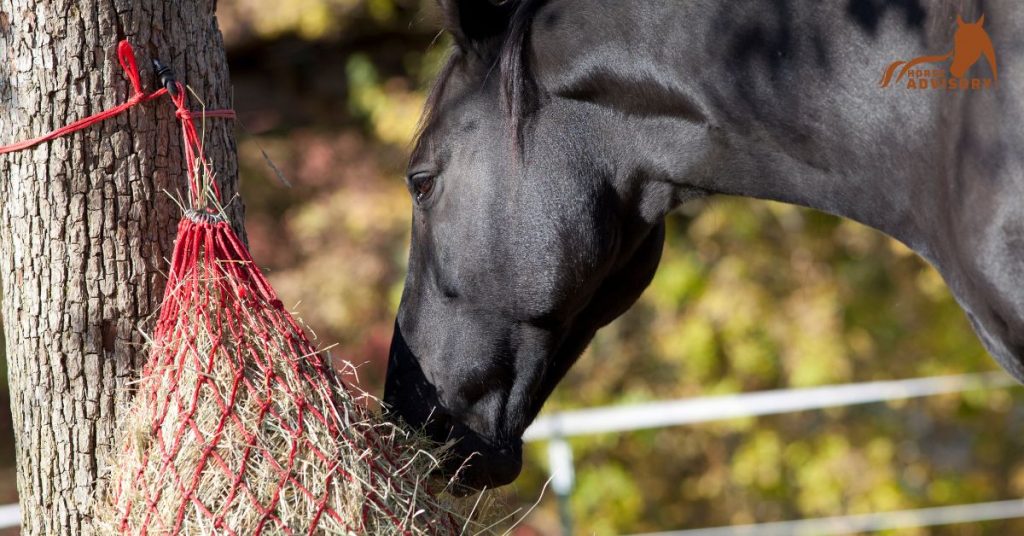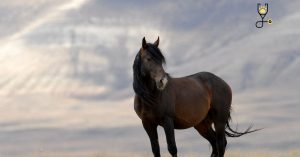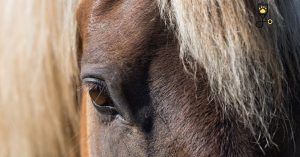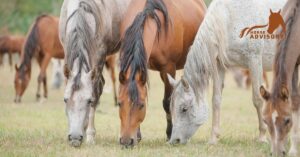In order to provide your horse with the best possible care, it is important that you understand the basics of nutrition. Horses require a wide variety of nutrients in order to stay healthy, including proteins, carbohydrates, minerals, and vitamins. In this post, we will discuss the importance of each nutrient and what you can do to ensure your horse is getting the best possible diet. We will also cover common feeding mistakes and how to correct them. Finally, we will provide some tips for transitioning your horse onto a new diet. So if you are looking for information on how to better feed your horse, you have come to the right place!

Basic Nutrition A horse needed daily(grams/day):
- Protein: 20-27
- Fiber: 10-13
- Carbohydrates: 10-15
- Minerals and Vitamins: Adequate amounts based on diet Proteins are essential for a horse’s muscle, bone, and coat development.
Proteins are made up of amino acids, which are the building blocks for muscle and tissue repair. Horses need a good amount of dietary protein to meet their nutritional needs. Fiber is important for digestion and maintaining healthy gut bacteria. It also helps keep your horse’s coat shiny and provides energy for activity.
Carbohydrates provide energy for activity and can be found in a range of grains and other products. Good sources of carbohydrates include oats, barley, corn, rice bran, and wheat bran.
Minerals and vitamins are essential for the overall health and development of your horse’s coat, hooves, skin, and bones. Vitamins A, D, E, and K are all important for your horse’s health and should be provided in adequate amounts.
What transition period?
When transitioning your horse to a new diet, it is important to do so gradually. Start by slowly introducing the new feed over a period of several weeks. This will help your horse adjust and prevent digestive upset or other health issues.
Tips for Transitioning Your Horse
1. Gradually introduce the new feed over a period of 2-3 weeks, starting with small amounts and gradually increasing the amount.
2. Monitor your horse’s weight throughout the transition period to ensure that your horse is not losing or gaining too much weight.
3. Feed hay before and after meals to help keep your horse feeling full and prevent overeating.
4. Provide plenty of fresh, clean water to encourage drinking and help your horse digest the new feed properly.
5. Monitor your horse’s behavior and look for signs of discomfort or changes in eating habits.
6. Speak to your vet if you have any concerns during the transition process.
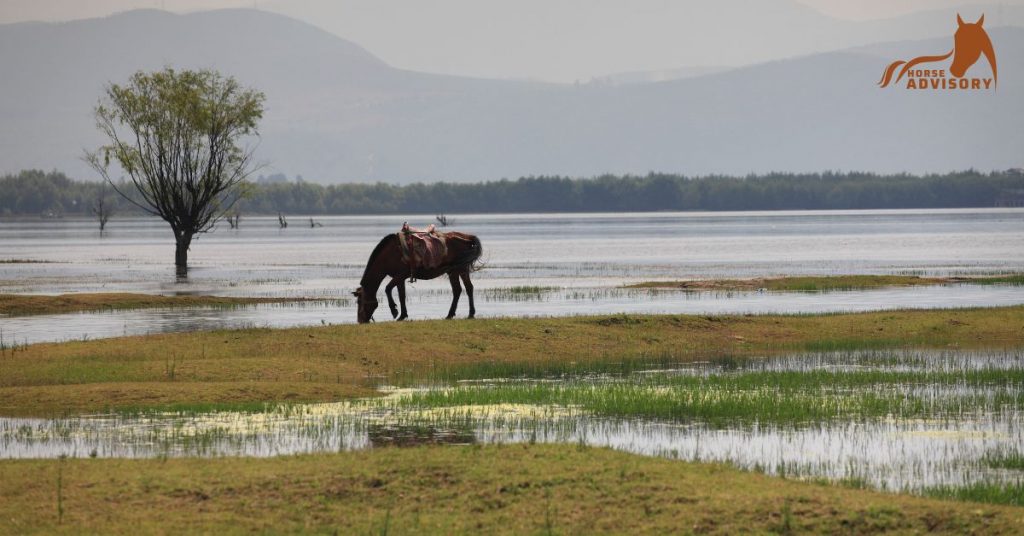
Benefits of Proper Nutrition for Horses
A good diet can have many benefits for your horse, such as:
• Improved energy levels
• Stronger muscles and bones
• Shinier coat
• Healthier hooves
• Better digestion
• Reduced risk of obesity, colic, and laminitis.
Providing your horse with the right nutrition is key to its overall health and well-being. With the right diet, your horse can stay healthy and happy for years to come!
Common Feeding Mistakes
It is important to avoid overfeeding your horse as this can lead to problems such as colic, laminitis, and obesity. Make sure to provide the recommended amount of food each day based on your horse’s weight and level of activity. Additionally, make sure to provide a balanced diet. Avoid feeding your horse too many treats or processed grains as these can be unbalanced and lack essential nutrients. Finally, make sure to provide your horse with adequate water. Horses need access to fresh, clean water at all times and not just during meals.
Side Effects of Over Grazing
Overgrazing can lead to a number of serious health problems for your horse. These can include:
• Poor body condition.
• Weight
loss.
• Poor digestion due to lack of fiber and inadequate nutrition.
• Reduced immunity, which can lead to an increased risk for illness and disease.
• Hoof problems due to lack of available nutrients.
• A decrease in overall energy levels. It is important to make sure your horse has access to adequate amounts of forage and that it is not overgrazing.
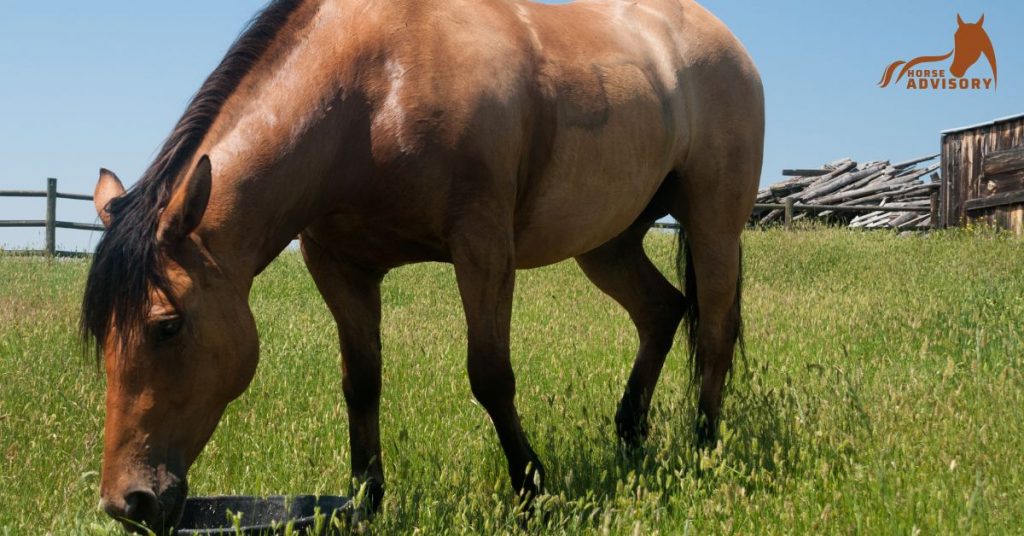
Conclusion
Feeding your horse the right amount of a balanced diet is essential for its overall health and well-being. Make sure to get professional advice from a vet or nutritionist if you have any questions or concerns. With the right diet and care, your horse can stay healthy and happy for years to come! Good luck in finding the perfect feed for your horse! Happy feeding!
Frequently Ask Questions
Q: How often should I feed my horse?
A: Horses should be fed at least twice a day with the exact amount and type of feed based on their activity level and size. Make sure to provide plenty of fresh, clean water for your horse throughout the day.
Q: What is the best kind of hay for my horse?
A: The best kind of hay for your horse depends on its age and activity level. For example, young horses require higher-protein hay while mature horses need lower-protein hay. Speak to a vet or nutritionist if you have any questions concerning the best type of hay for your horse.
Q: How much grain should I feed my horse?
A: The exact amount of grain you should feed your horse depends on its size and activity level. Generally, horses need between 0.5 to 1.5% of their body weight in total grain per day. If you are unsure about how much to feed your horse, speak to a vet or nutritionist for advice.
Q: Can I feed my horse too many treats?
A: Yes, it is possible to feed your horse too many treats which can unbalance its diet and cause health issues. Make sure to limit the number of treats you give your horse and provide a balanced diet with plenty of hay and grain.
Q: Can I give my horse raw vegetables?
A: Yes, you can give your horse raw vegetables such as carrots, apples, and celery as a treat. However, make sure to limit the amount given so that it does not unbalance its diet. Also, avoid feeding your horse wild plants or weeds as these can be. poisonous.
Q: What should I do if my horse is not eating?
A: If your horse is not eating, it could be a sign of illness or discomfort. Make sure to check for any signs of distress and speak to a vet as soon as possible. Additionally, try offering different types of hay or grain to see if this helps.
